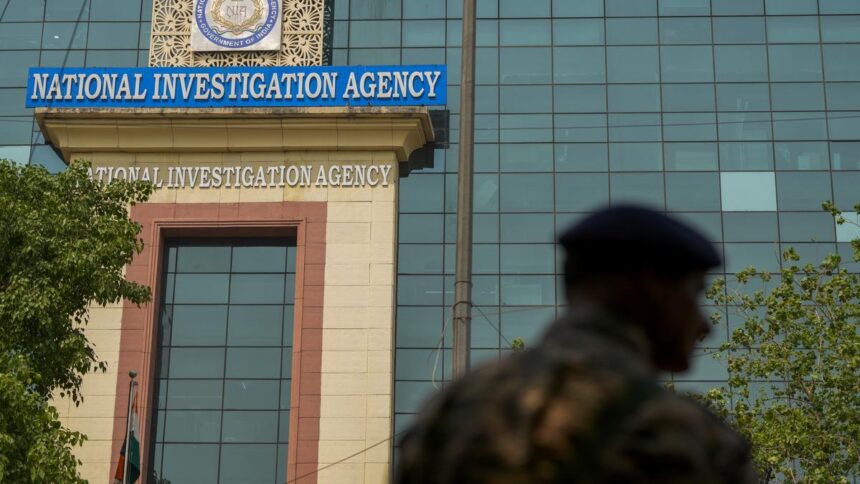:
More than two years after the launch of Karnataka’s flagship Shakti Scheme, smart cards promised to women beneficiaries are yet to be distributed. The Transport Department has attributed the delay to the lack of compatible electronic ticketing machines (ETMs) across the four State-run road transport corporations.
While the Karnataka State Road Transport Corporation (KSRTC) has already upgraded its ETMs, the rollout of uniform machines across the other corporations is yet to be completed.
The Shakti Scheme, introduced on June 11, 2023, as the first of the Congress government’s five guarantees, allows women, including transgender persons and students, to travel for free on non-premium State-run buses. The scheme has been immensely popular, recently earning a place in the Golden Book of World Records for ferrying the highest number of women passengers under a free-travel programme. As of July 31, 2025, over 516.95 crore trips were completed under the scheme.
Despite this success, the smart card system envisioned to streamline ticketing and data collection remains in the pipeline. Currently, female passengers can show any valid government-issued identity card to avail of a ‘zero ticket’ from conductors.
Why the delay in ETM rollout
Transport Minister Ramalinga Reddy said that the smart card plan is still on the table, but has been delayed. “The issuance of smart cards has been stalled because not all our ETMs can read and validate them. KSRTC has upgraded its machines, but similar ETMs need to be introduced across all four corporations for uniformity,” Mr Reddy told The Hindu.
Earlier, the Transport Department, in collaboration with the Centre for e-Governance (CeG), developed prototypes of the cards. These cards, built on ‘tap-and-travel’ technology, would allow women passengers to tap their card on a conductor’s ETM to validate their journey. The backend system has already been designed to handle registration, data collection, card procurement, and linking to central servers.
“The technology part is largely ready, including systems for registration, issuing, and linking data. What remains is ensuring that all four RTCs adopt the same ETMs, so that the cards can work seamlessly across the State,” Mr. Reddy explained.
Cabinet approval
To address these issues, the Transport Department conducted a Technical Advisory Panel (TAP) meeting with officials from all four RTCs on August 2, 2024. The meeting highlighted the incompatibility of existing ETMs as the primary hurdle.
“Based on the suggestions at the meeting, KSRTC introduced new ETMs capable of reading smart cards. The procurement process for upgrading ETMs in the other corporations is underway. Once completed, smart cards can be rolled out,” Mr. Reddy said.
The proposal to distribute the cards will soon be placed before the State Cabinet. “After Cabinet approval, the smart cards will be issued without delay,” he assured.
Benefits of smart cards
While the scheme currently functions smoothly with the use of identity cards, officials admit that smart cards could improve efficiency. At present, conductors issue tickets after manually verifying ID cards of passengers, which often leads to longer boarding times.
“Smart cards will save time for both conductors and passengers. More importantly, they will allow the government to generate accurate data on usage patterns, routes, and beneficiary profiles. This data could also guide policy decisions on public transport planning,” a senior Transport Department official said.
At the time of the scheme’s launch, women were asked to register on the official portal and provide a valid government-issued ID to receive Shakti smart cards. However, due to the ETM issues, the smart card distribution has not taken place. Instead, the temporary arrangement of showing ID cards continues to this day.
Meanwhile, a recent study titled ‘Beyond Free Rides: A Multi-State Assessment of Women’s Bus Fare Subsidy Schemes in Urban India’, commissioned by the Sustainable Mobility Network and conducted by Nikore Associates, found that the Shakti Scheme in Karnataka has led to a 23% rise in women’s employment in Bengaluru and a 21% increase in Hubballi-Dharwad.
Published – August 25, 2025 12:22 pm IST






















